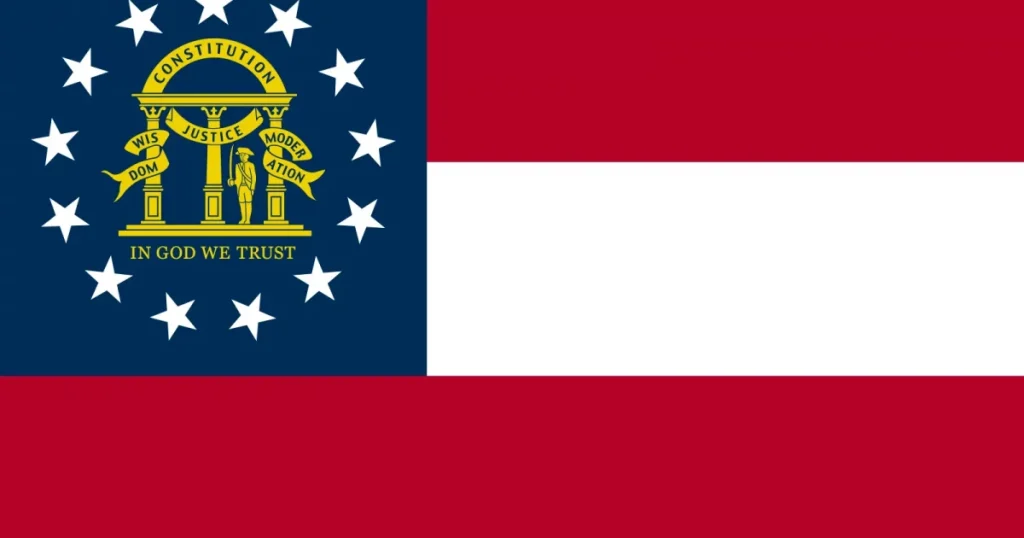On Thursday, the speaker of Georgia’s parliament, Shalva Papuashvili, enacted a controversial law aimed at curtailing the rights of LGBTQ individuals, mirroring similar legislation in Russia. This law follows a significant political standoff, as it was signed just one day after President Salome Zurabishvili, who advocates a pro-Western stance, declined to endorse the bill. The legislation prohibits topics related to gender reassignment and invalidates same-sex marriages performed both domestically and internationally. Papuashvili justified the law by stating it aligns with Georgian values and is essential for the protection of minors, positioning it as compliant with constitutional principles.
The bill’s passage through the parliament last month was characterized by a lack of opposition participation, prompting heightened tensions in the lead-up to the parliamentary elections scheduled for October 26. The ruling party, Georgian Dream, has been at the forefront of advancing this legislation, which has drawn widespread criticism from both local and international rights groups. Papuashvili defended the law by asserting that it is grounded in “common sense” and established cultural values rather than progressive ideologies, although critics argue that it fundamentally undermines the rights and safety of LGBTQ citizens in Georgia.
Concerns regarding the impact of such legislation were underscored by a recent tragic incident involving the stabbing of a prominent transgender woman in Tbilisi, which occurred amid the push for the law. This event has highlighted the rising vulnerabilities faced by LGBTQ individuals in Georgia, further exacerbated by an environment perceived as increasingly hostile due to the government’s legal framework. Rights advocates maintain that this law not only perpetuates discrimination but also negatively affects the broader societal acceptance of LGBTQ individuals in the country.
The adoption of the anti-LGBTQ law also comes in the wake of the controversial “foreign influence” law governing non-governmental organizations (NGOs), which has sparked a series of mass protests against the Georgian Dream government. These protests were met with significant backlash from Western nations, leading to accusations that the ruling party is encroaching upon the freedoms of civil society and distancing Georgia from its aspirations for European Union (EU) integration. Critics contend that the government’s actions indicate a shift towards closer alignment with Russian interests, raising alarms over the future of democracy and human rights in Georgia.
Papuashvili’s statements reflect an ideology rooted in traditional Georgian, Christian values, yet the law’s implications pose serious ramifications for the country’s societal fabric and international reputation. The potential rejection of these advancing policies by the electorate in the upcoming elections will bear significant weight on Georgia’s political landscape and its aspirations for EU membership. The ongoing tensions within Georgian politics, particularly between the government and the opposition, underscore the fragility of civil rights and the ongoing struggle for equality for marginalized communities.
The trajectory of such laws, reminiscent of increasingly oppressive measures in neighboring Russia, raises urgent questions about the safeguarding of human rights in Georgia. As the nation grapples with these tensions, the global community continues to voice concerns about the trajectory of democracy in Georgia, emphasizing the importance of upholding human rights and fostering an inclusive society. The unfolding political climate, characterized by an apparent shift toward restrictive policies, necessitates vigilant scrutiny from both domestic and international observers as Georgia navigates its complex relationship with Western ideals and Russian influence.














